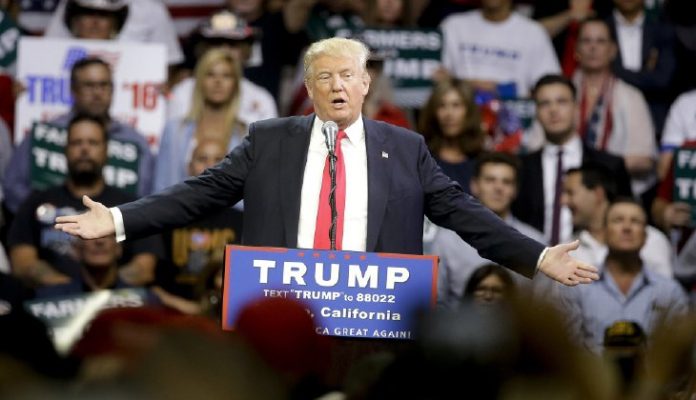
This has been a wretched year. At home, political dysfunction has deepened, and increasing numbers of young Americans are disaffected from constitutional democracy. Abroad, the much-anticipated Ukrainian counteroffensive failed to achieve a breakthrough against a dug-in Russian invasion force, and Hamas’s unprovoked slaughter of more than 1,200 civilians in Israel on Oct. 7 has thrown the Middle East into turmoil.
Will Democrats and Republicans be able to compromise on immigration policy and stare down the Trumpian right and the progressive left to enact it? If not, what will be the fate of aid to Ukraine, Israel and Taiwan, which Republicans have linked to immigration reform?
Will the Republican House majority find common ground with the Biden administration on funding appropriations for the current fiscal year (a quarter of which has already passed), or will there be another government shutdown that saps confidence in our political system?
Will the policies the Federal Reserve adopted to fight the inflationary surge that began in 2021 bring the rate of annual price increases down to 2%? If so, will this soften public discontent with the economy, one of the major reasons for President Biden’s decline in the polls? If not, will the Fed disappoint markets by adopting even tougher policies that could trigger an economic downturn?
Will the Supreme Court, which now faces a raft of issues stemming from Donald Trump’s multiple indictments, be able to promote public confidence in its impartiality, or are we heading for a rerun of the Bush v. Gore decision that raised questions about the court’s politicization and the legitimacy of George W. Bush’s presidency?
One question looms above all others: Will Mr. Biden be able to re-create his winning 2020 coalition, or will Mr. Trump re-enter the Oval Office with one of the most remarkable comebacks in American history?
Next year will be the 15th presidential election since I reached voting age, and I am certain it will be the most fateful. If Mr. Trump wins the Republican nomination for the third straight time and then prevails in the general election, he will have sealed the transformation of his party, given new energy to right-wing populism around the world, and called into question the principles that have shaped America’s security policy since World War II.
Voters will have ratified the outlook that Mr. Trump has advocated since the 1980s: opposition to immigration, multilateral trade treaties and globalization. They would give him the opportunity to enact more extreme proposals in his second term—including an all-out attack on the “deep state” federal bureaucracy and the use of the military to fight crime, immigration and domestic dissent. They would embrace his view of the press as the enemy of the people and agree to an all-out culture war led from the White House. After hearing Mr. Trump declare across the country that “for those of you who have been wronged and betrayed, I am your retribution,” they will have replied, in effect, “Retribution is exactly what we want. Use the government to punish our enemies.”
Our allies attach huge importance to the outcome of the 2024 election. They say that while Mr. Trump’s 2016 victory may have been a fluke, its repetition in 2024 would signal the end of the U.S. as they have known it since 1945. Mr. Trump may have been an unknown seven years ago, they say, but the reverse is true today. While America was once a rock on which the West could build its policies and its hopes, it has dissolved into quicksand. This is what European leaders believe, and a second Trump term wouldn’t do much to allay their fears.
Mr. Trump’s outlook, policies and mode of governing are now clear to all, and his refusal to accept the legitimacy of the 2020 election has infected his entire party. If the American people return him to the presidency, it means that Ukraine is lost, the North Atlantic Treaty Organization is in peril, and Viktor Orbán’s Hungary has become a new template for governance in the U.S.
During the controversy over admitting Missouri to the Union as a slave state in 1820, Thomas Jefferson wrote that “this momentous question, like a firebell in the night, awakened and filled me with terror.” He regarded the ensuing compromise as a “reprieve only, not a final sentence.” Those who hoped that Mr. Biden’s victory in 2020 would end the threat to constitutional democracy have reasons to believe that Jefferson’s somber warning applies to our current circumstances.






